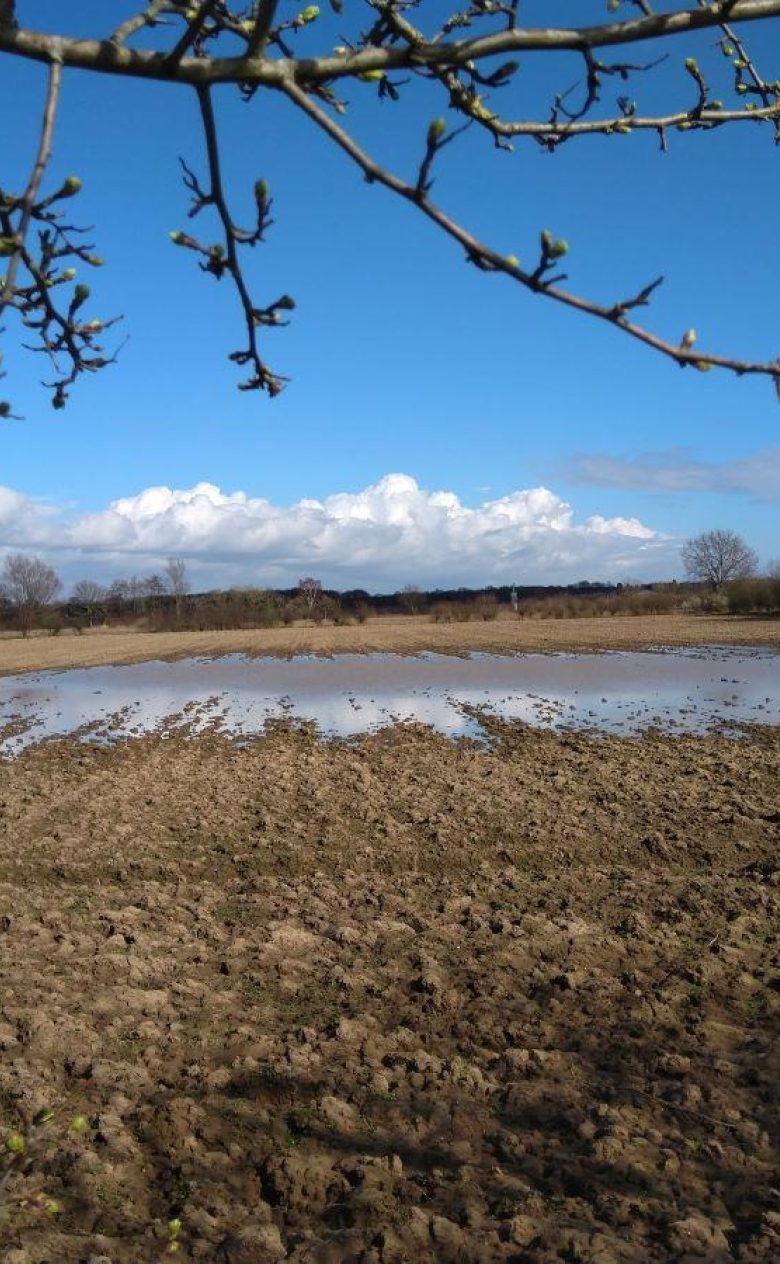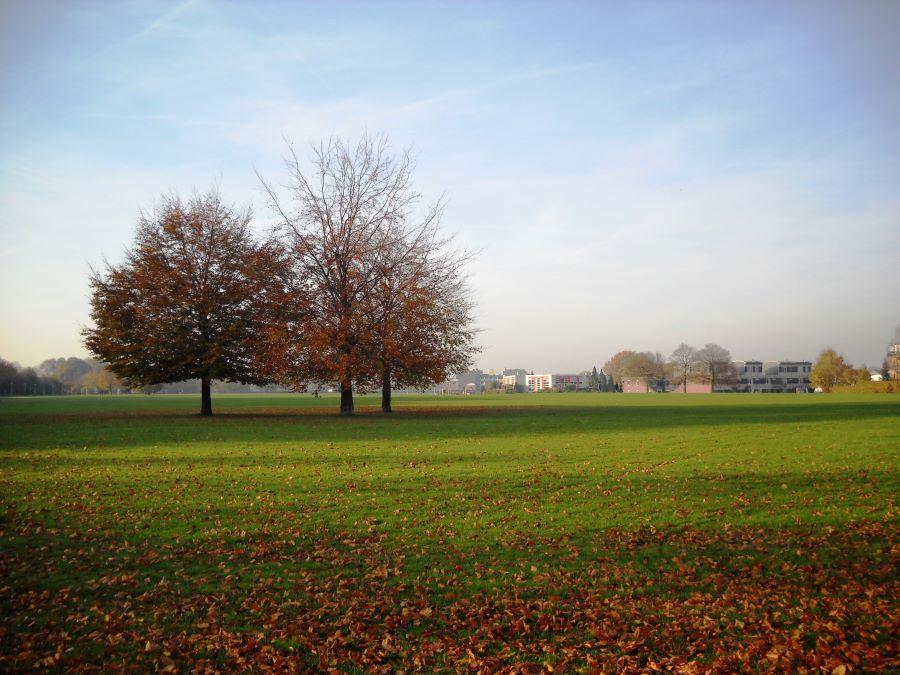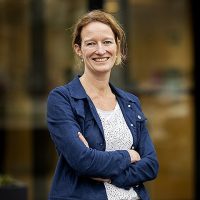How does soil become guiding in spatial planning?
How do we exploit the opportunities of soils in our spatial planning? The European project SPADES (Spatial Planning And DEsign with Soil) focuses on securing soils in spatial developments, as part of the Mission A Soil Deal for Europe. Researchers are tackling this question in seventeen locations in Europe, including two in the Netherlands. Deltares is coordinating this project together with TU Delft.

How the worlds of soil and spatial planning meet and how soil can be included in existing work processes and assessment frameworks is central to the SPADES project. The researchers are also looking at how spatial planning based on a healthy soil-sediment-water system can contribute to various European agendas and objectives, such as the Soil Strategy from the Green Deal with Soil Monitoring Law, Land Degradation Neutrality, No Net Land Take and Soil Health.
Healthy soils are a precondition to realise European ambitions, such as a sustainable food supply, biodiversity restoration, liveable cities and climate adaptation. This can be done by assessing soil not only for its chemical quality, but also as a provider of ecosystem services. For example: Soils buffer effects of climate change; thus they act as water storage and coolers.
By knowing in advance the properties of the soil-water system and thus the preconditions for land use, spatial plans can be aligned with the Water and Soil Stewardship policy. This requires improving the connections between spatial professionals and soil experts. We need to learn to speak each other's language.
Linda Maring, urban soil and subsoil management expert Deltares
Pilots
Developing tools to guide soil and water in practice is one of the components of SPADES. To this end, pilots will be set up at both regional and municipal level, in urban and rural areas. Lessons and insights from these pilots will then be shared widely.
Example
According to Deltares, this project offers opportunities to showcase good examples of Dutch 'broadened' soil policy in Europe, in addition to learning from each other. Examples include the project Ontwerpen met de Ondergrond (designing with the subsoil) by Deltares and TU Delft, and the water & subsurface based planning and design-policy in which soil and water are explicitly taken as the basis of every spatial design. The latter policy in particular is not common in the rest of Europe.

Importance
SPADES is one of the activities of the Mission A Soil Deal for Europe. This mission promotes awareness, knowledge development and devising solutions to restore soil and thus soil functions. The aim is that by 2030 the transition to healthy soils is underway and that by 2050 all soils in every European member state are healthy and can thus contribute to welfare and prosperity.
Partners
Next to Deltares and TU Delft other partners are: Helmholtz-zentrum Fur Umweltforschung GMBH (UFZ) (DE), Instituut voor Landbouw- en Visserijonderzoek (EV ILVO) (BE), Institut National de Recherche pour l'Agriculture, l'alimentation et l'Environnement (INRAE) (FR), Universite De Lorraine (UL) (FR), Chalmers Tekniska Hogskola Ab (Chalmers) (SE), Umweltbundesamt Gesellschaft Mit Beschrankter Haftung / Environment Agency Austria (EAA) (AT), Urbanisticni Institut Republike Slovenije Javni Zavod (UIRS) (SI), Stichting Isocarp Institute Center of Urban Excellence (Isocarp) (EU), Politecnico di Milano (Polimi) (IT), Bureau de Recherches Geologiques et Minieres (BRGM) (FR), ICLEI European Secretariat GMBH (ICLEI) (EU).
Pilot partners are: Acces la Pamant pentru Agroecologie (ALPA) (RO), Asociatia URBAN 2020 (URBAN 2020) (RO), Asociatia de Dezvoltare Intercomunitara Zona Metropolitana Baia Mare (ZMBM) (RO), Grenoble-Alpes-metropole Metro (GAM) (FR), Burst Nonprofit Kft (BURST) (HU) en Magistrat der Landeshauptstadt Klagenfurt (AT).


